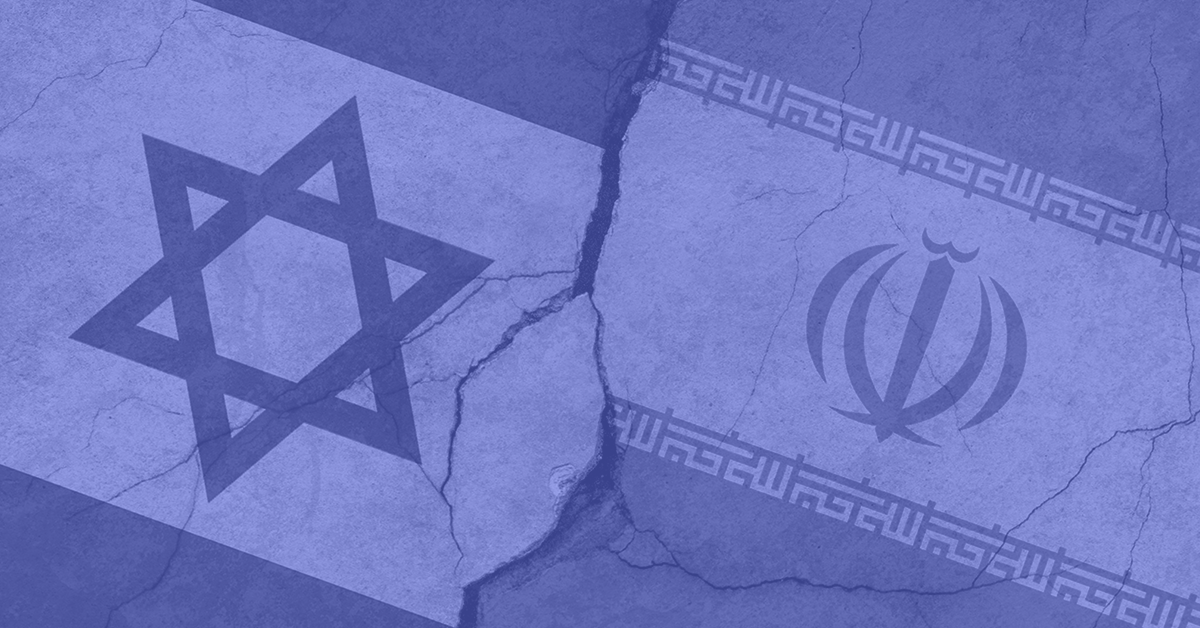A Flashpoint Trigger: What Sparked Operation Rising Lion?
In the early hours of June 13, 2025, Israel launched a high‑precision military strike—codenamed Operation Rising Lion—against Iran. The primary targets included:
-
Natanz uranium enrichment site (central Iran)
-
Revolutionary Guard (IRGC) headquarters in Tehran
-
High-value ballistic-missile production facilities
-
Senior military and nuclear scientist personnel—including Maj. Gen. Hossein Salami, Iran’s IRGC chief, and two top nuclear scientists.
Explosions are reported in Tehran’s Chitgar and Mahalati districts. Benjamin Netanyahu declared a state of emergency, labelling the offensive essential for Israel’s survival.
The High-Profile Casualties: Salami and the Iran Power Core Cut
2.1 Maj. Gen. Hossein Salami
Salami, born 1960, served as IRGC Commander-in-Chief since 2019. A charismatic figure, he championed Iran’s ballistic and regional strategy. Killed in the strike, his death marks a turning point .
2.2 Major Gen. Gholam Ali Rashid
Fourth-ranking general and deputy chief of Iran’s armed forces, also reported killed .
2.3 Mohammad Bagheri & Nuclear Scientists
Chief of Staff Mohammad Bagheri and scientists Fereydoun Abbasi-Davani and Mohammad Mehdi Tehranchi were among the dead—signaling a direct hit on Iran’s military‑nuclear leadership .
Strategic Goal: Dismantling Iran’s Nuclear Ambitions Before They Materialize
Israel asserts Irans’s enriched uranium stockpile and missile infrastructure posed an existential threat—enough for at least 15 bombs.
By hitting nuclear, missile, and command facilities, Israel aimed to:
-
Delay weapon-grade output
-
Disrupt strategic command control
-
Project deterrence to embolden regional rivals
-
Undermine morale in Iran’s military elite
The Waves of War: Multi-Phase & Deep Penetration
According to Reuters and analysts:
-
Pre-strikes knocked out Iran’s air defenses, including S‑300 batteries.
-
Subsequent waves targeted missile and drone factories, research facilities, and Tehran command nodes.
The scale matched or surpassed past Israeli operations—the largest since the Iran‑Iraq war, according to analysts.
Tehran’s Response: Missile Defenses, Airspace Closure & Civilian Casualties
Iran activated air defenses and immediately closed its airspace; residential areas in Tehran reportedly sustained civilian casualties—including children.
Senior IRGC spokespersons are currently signaling a “harsh and decisive” retaliation, though timing remains unclear—suggesting a measured, strategic response.
Global Reactions & Diplomatic Chessboard
-
United States denied involvement, though American forces were put on alert
-
UN, Australia, New Zealand condemned the unilateral raid
-
Sen. Jack Reed warned of recklessness
-
Global markets plunged, with oil up ~9%, equities off ~1–2%, and gold/yen/Swiss franc surging
India’s Precaution: Diplomatic Advisories & Citizen Safety
-
Indian Embassy in Tehran urged vigilance, limited movement, and updates via official channels
-
In Tel Aviv, citizens were told to stay near shelters and follow Home Front Command instructions
Economic & Market Fallout: From Oil to Equities
-
Crude oil surged ~9% (Brent ~US$75.4, WTI ~US$74.2)
-
Asian and U.S. futures dropped (~1.7–1.8%) with risk-off sentiment
-
Markets are anticipating supply constraints—tension persists as the conflict unfolds.
Risk of Wider Regional War: Hezbollah, Syria, Yemen & Beyond
-
Hezbollah & Iran-backed groups hold missile stockpiles capable of triggering a regional barrage
-
Syrian and Iraqi airspace may be utilized for further strikes
-
Risk of a multi-front conflict involving U.S. bases, Gulf States, and maritime choke points
Israel, per historical patterns, strikes to deter—not own—regional escalation. But this time, red lines may shift.
The Diplomatic Highway: From Dialogue to Crisis Control
-
Iran‑US nuclear talks in Oman were just days from reviving nuclear negotiations—now effectively halted
-
Diplomacy may involve urgent U.N. Security Council engagement, European mediation, and Gulf States de-escalation channels
-
Israel will likely seek support—or neutrality—from partners like U.S., Egypt, Jordan, UAE
What Could Happen Next: Scenarios Unfolding
| Scenario | Implications |
|---|---|
| Limited Iranian strike | Asymmetric response, preserving strategic calculus |
| Comprehensive Iran retaliation | Targeting Israel and U.S. assets, regional escalation |
| Diplomatic ceasefire | U.S./EU brokered de-escalation, talks resume for stability |
| Prolonged war | Markets crash, global disruption, untold humanitarian impact |
Analysis & Expert Takeaways
-
Operational success vs. strategic fallout: Israel hit high-value targets but may have accelerated rather than delayed Iran’s nuclear motivation.
-
Salami’s death gives short-term leverage—but martyrdom may fuel IRGC resolve.
-
Global markets, Indian diaspora, and oil-dependent economies face immediate stress.
-
India’s balanced diplomacy (non-involvement, advisories) preserves security while protecting interests.
Key Voice Lines Worth Noting
-
Netanyahu: “This operation will continue as long as it takes…”
-
Khamenei: denounced the attack and vowed Iran’s “bitter fate” for Israel
-
Marco Rubio (US Sec. State): “We are not involved”—warning Iran not to target Americans
What You Should Know (Public Advice)
-
Travelers: Avoid all non-essential travel, monitor embassy advisories, stay near shelters
-
Consumers: Expect higher fuel prices and inflation pressure on commodities
-
Investors: Manage exposure to oil, defense, risk-sensitive assets
-
Policymakers: Prepare for regional humanitarian and diplomatic ripple effects
Bottom-Line: A Moment of Reckoning
Operation Rising Lion marks a pivotal escalation in Israel‑Iran conflict. It combines military precision with geopolitical daring, but carries profound risk:
-
Temporarily crippling Iran’s nuclear-missile capabilities
-
Intensifying regional tensions and proxy war risk
-
Disrupting global markets and diplomacy
-
Elevating a high-stakes diplomatic balancing act for India
The coming days will determine if this crisis fragments into broader conflict—or if cooler heads prevail through dialogue and containment.



